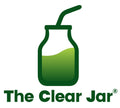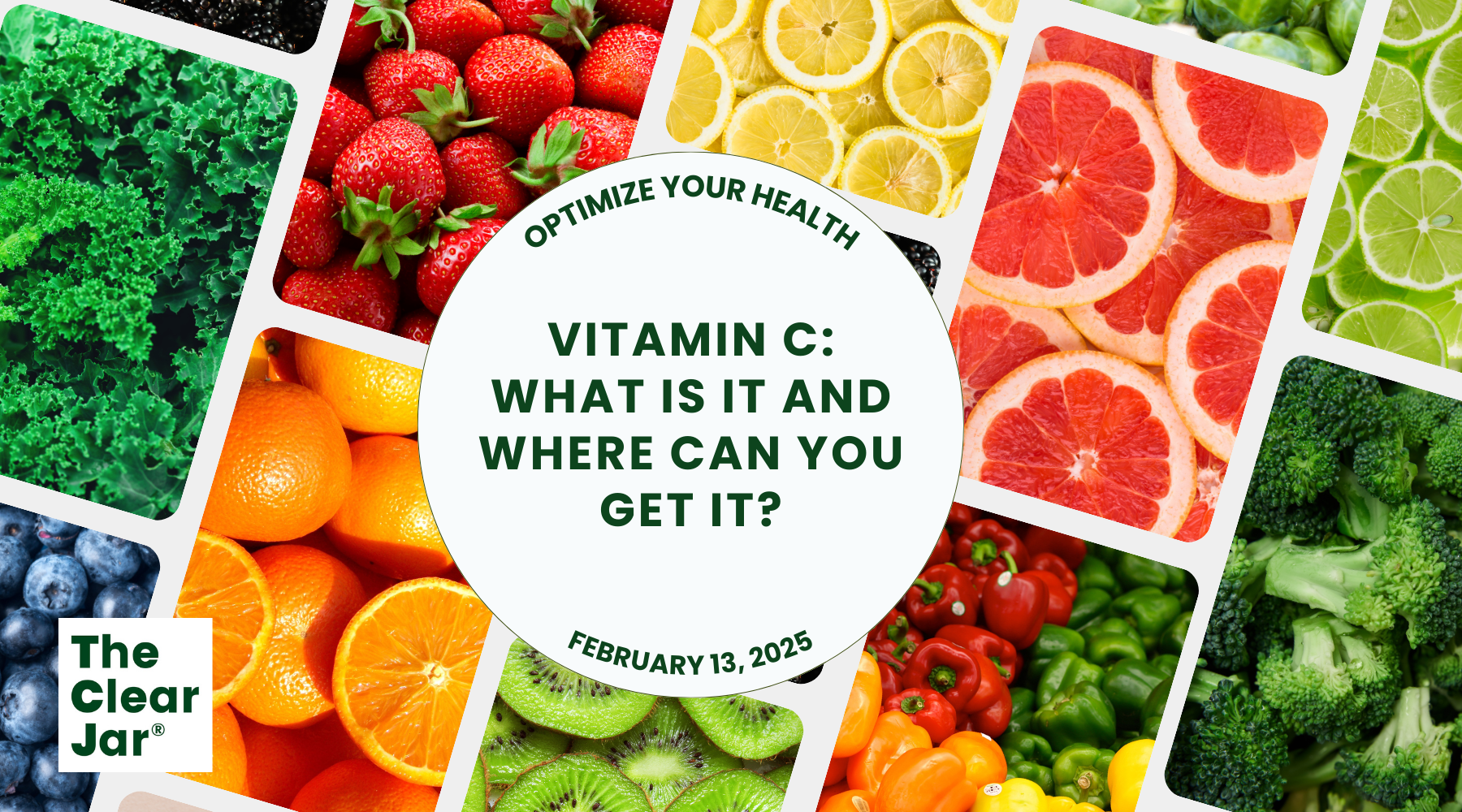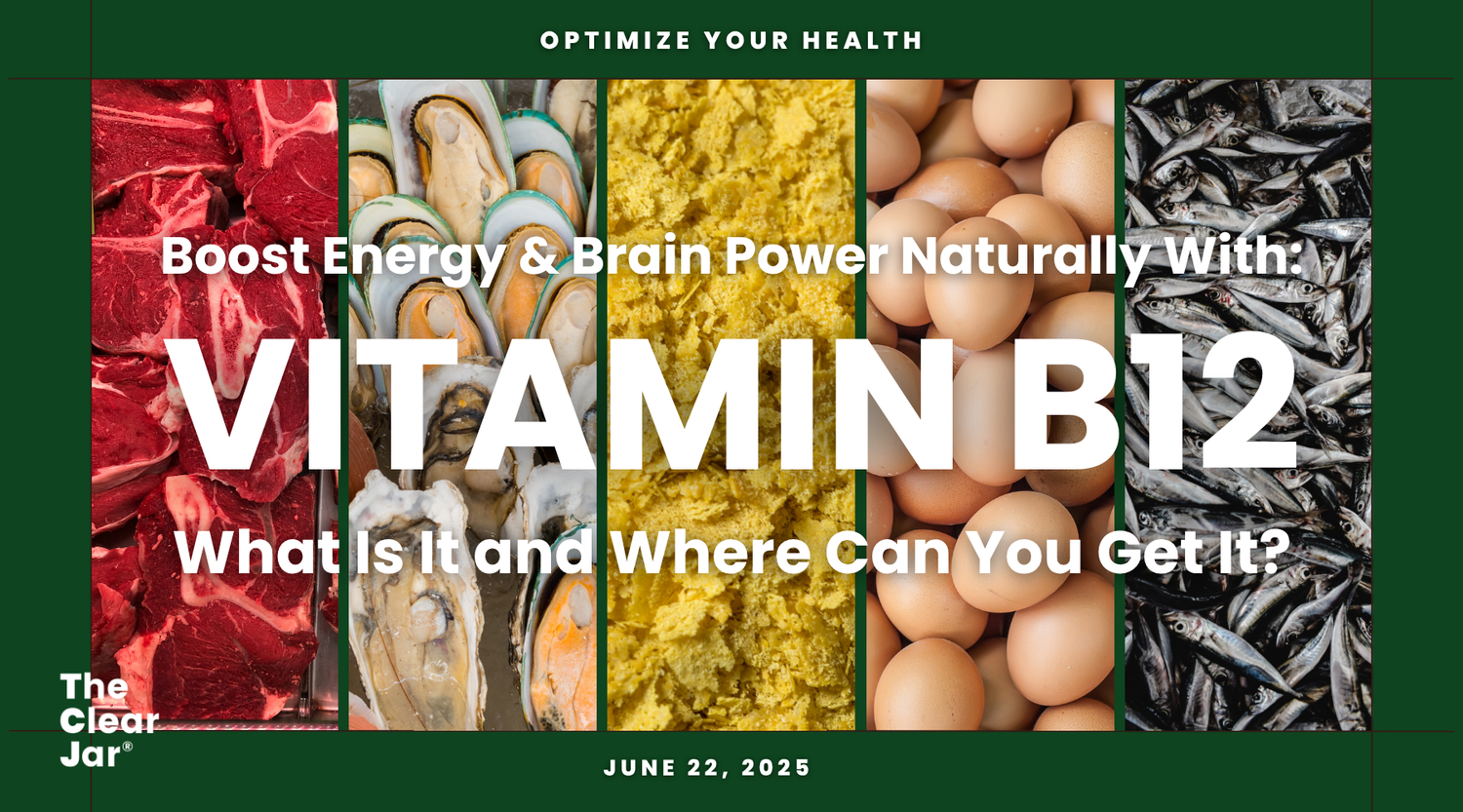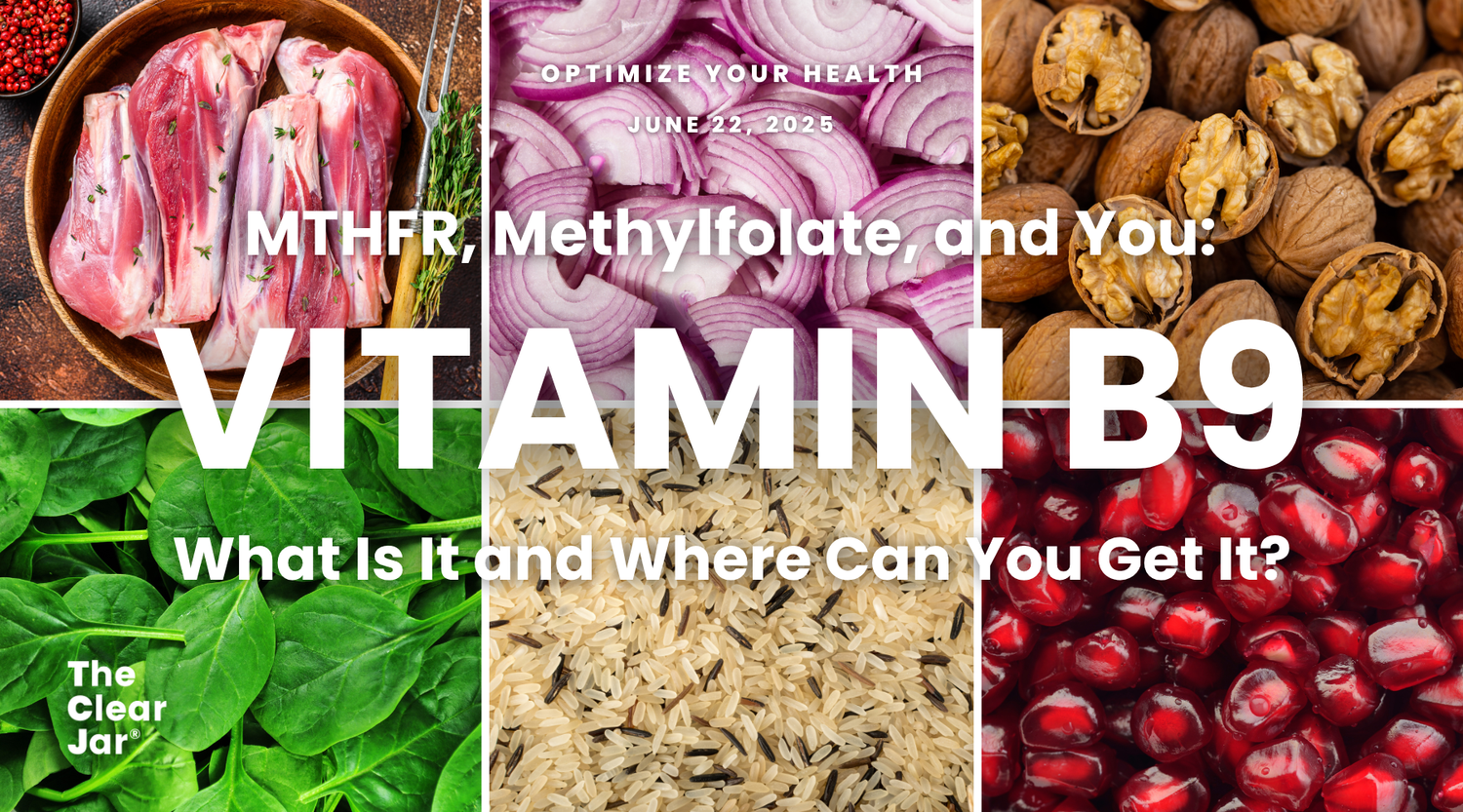Vitamin C is one of the most well-known and widely consumed vitamins, thanks to its powerful roles in immunity, skin health, and general wellbeing. However, humans cannot make vitamin C, so must get it from their diet. Here we explore what vitamin C does and where you can get it.
Content Outline
- What is Vitamin C?
- What is the function of vitamin C in the human body?
- Vitamin C forms: Which is the active form?
- Vitamin C-rich foods
- Vitamin C recipe: Citrus and berry antioxidant smoothie
- Vitamin C supplements
- Why buy food-born vitamins?
What is Vitamin C?
Vitamin C, also known as ascorbic acid, is an essential micronutrient that must be acquired from the diet in reasonable amounts. It’s also a powerful antioxidant that is critical for several bodily functions.
Vitamin C is a water-soluble vitamin which means it dissolves in water and is transported to the body’s tissues. However, water-soluble vitamins cannot be stored, so they need to be consumed daily to meet your body’s needs[i].
Vitamin C was first discovered in relation to scurvy, a disease caused by vitamin C deficiency that affected sailors. Today, however, vitamin C is recognised as an important nutrient for maintaining health and extends beyond just preventing deficiency.
What is the function of vitamin C in the human body?
Vitamin C has many important roles in the body, particularly within the immune system because of its antioxidant properties.
Antioxidants are substances that protect cells from damage caused by free radicals. Free radicals are unstable molecules that are a by-product of metabolism or exposure to environmental factors like tobacco smoke or radiation. They cause damage to your cells and DNA, increasing the risk of disease[ii].
Antioxidants like vitamin C protect the body from free radicals and oxidative stress and can naturally support your immune system[iii]. For example, it supports the skin barrier function by increasing the production of barrier lipids, enabling it to function as a first-line defense against harmful pathogens[iv].
Alongside its immune-boosting properties, vitamin C also supports:
- Collagen production – vitamin C is essential for collagen production. Collagen is a protein that supports skin, joints, blood vessels, and connective tissue health. It’s also critical for wound healing, maintaining skin elasticity, and reducing the appearance of wrinkles[v].
- Bone health and healing – vitamin C is important for bone health and an adequate intake can support bone metabolism and may prevent the development of osteoporosis[vi]. Some research shows that vitamin C may accelerate healing following a bone fracture[vii].
- Iron absorption – vitamin C facilitates iron absorption, so it is recommended that you take vitamin C alongside non-heme iron sources to prevent iron deficiency[viii].
- Heart health – vitamin C is important for heart health and may help lower blood pressure and improve arterial stiffness[ix]. It also promotes nitric oxide production which relaxes blood vessels, improving blood flow[x].
- Brain health – vitamin C is found in high levels in the brain, and it can protect nerve cells from oxidative stress and may protect your overall cognition[xi].
- Eye health – vitamin C can reduce the risk of cataracts[xii].
Vitamin C forms: Which is the active form?
The main active form of vitamin C is ascorbic acid. It’s naturally found in many fruits and vegetables. However, some supplements contain other forms including:
- calcium or sodium ascorbate – buffered forms of vitamin C that may be gentler on the stomach
- liposomal vitamin C – encapsulated in fat molecules which is thought to enhance absorption
- ascorbyl palmitate – often used in skincare products
Even though other forms exist, ascorbic acid is the most well-researched and effective for general health and wellbeing.
Vitamin C-rich foods
The best way to get vitamin C is by eating a diet that’s rich in whole foods. Some of the richest sources are shown in the table below:
|
Fruit |
Vegetables |
|
oranges grapefruit lemons limes strawberries kiwi mango |
red, yellow, and green peppers broccoli Brussels sprouts kale |
Vitamin C is heat-sensitive, so cooking methods can affect vitamin C content. To preserve its potency, you should choose raw or lightly cooked foods wherever you can.
Vitamin C recipe: Citrus and berry antioxidant smoothie
One of the best ways you can increase your vitamin C intake naturally is by making a simple citrus and berry smoothie. This refreshing beverage delivers a powerful vitamin C punch but is also packed with many other essential nutrients to support your health. Plus, it’s super quick and easy to make.
Ingredients:
-
1 orange, peeled
-
½ cup strawberries
-
½ cup kiwi, peeled and sliced
-
1 cup spinach
-
½ cup Greek yogurt (for added protein and gut health) or a vegan-friendly alternative
-
½ cup water or coconut water
-
Ice cubes (optional)
Method:
- Using a food blender or smoothie maker, add all ingredients to the jug/blender.
- Blend all of the ingredients together until smooth.
- Pour into a tall glass and enjoy straight away for a natural vitamin C boost.
The addition of vitamin C-rich fruits alongside spinach, a natural source of non-heme iron, ensures your body absorbs iron efficiently.
Vitamin C supplements
Although a balanced diet should provide enough vitamin C, some people will benefit from supplementation, such as:
- Smokers – people who smoke are at a greater risk of developing vitamin C deficiency because cigarette smoke depletes this essential micronutrient. Smoking increases a person’s vitamin C requirement by 30%[xiii].
- Individuals with low fruit and vegetable intake – whole foods like fruit and vegetables are the body’s main source of vitamin C. Anyone who has a poor diet or a low intake of these natural foods, is at risk of deficiency and may need to consider supplementation as well as improving their diet. A high consumption of fat and sugar can also reduce your vitamin C status[xiv].
- Pregnant women – pregnancy can lower your vitamin C status and a low intake is associated with pregnancy complications, such as high blood pressure with swollen hands, feet, and face (pre-eclampsia), anaemia, and having a small baby[xv]. You may need to consider a vitamin C supplement during pregnancy, but you should consult a healthcare professional for advice before you do.
- Alcohol drinkers – anyone who drinks excessive amounts of alcohol is at risk of deficiency and may need to consider supplementation. That’s because alcohol increases the amount of vitamin C that is passed out of the body in urine and individuals are likely to have a poor diet[xvi].
- Malabsorption disorders – conditions such as inflammatory bowel disease, celiac disease, and cystic fibrosis can impair vitamin C absorption[xvii].
Which type of vitamin C supplement is best?
Most supplements contain vitamin C in the form of ascorbic acid, which is equally bioavailable to the natural ascorbic acid found in foods like oranges, lemons, and limes.
One study found that ascorbic acid, Ester-C and ascorbic acid with bioflavonoids produced similar plasma vitamin C levels and urinary excretion. Therefore, the researchers concluded that ascorbic acid is the preferred source of supplemental vitamin C[xviii].
Why buy food-born vitamins?
Vitamin C is an essential nutrient that has a wide range of benefits from supporting the immune system to promoting healthy skin and increasing iron absorption. Fresh fruit and vegetables are the best sources, but supplements, especially those derived from natural food sources, are a good option for those who may need an extra boost.
The Clear Jar provides several food-born supplements, including vitamin C, which have several advantages over artificial sources, including:
· improved bioavailability, absorption, and synergy
· reduced risk of toxicity
· 100% food-based
· no added fillers
· cost-effective
Check out our shop to explore the range.
Written by: Leanne Edermaniger







